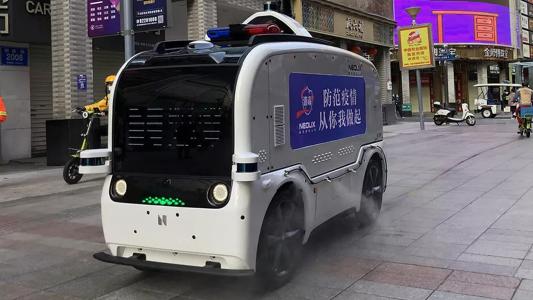The coronavirus crisis is unique. Addressing it will require new ideas, new perspectives, and new voices. That’s our mission at Freethink.
In our daily “Coronavirus News Roundup,” we’re highlighting the most important stories from the frontlines of the fight against COVID-19. Stories that inform, challenge, and inspire.
Here are our must reads for today, March 26th.
1. Singapore Government to Make Its Contact-Tracing App Freely Available to Developers Worldwide
The Straits Times reports that the government of Singapore has decided to make its TraceTogether app open-source — meaning people all around the world might soon be checking their smartphones to see if they’ve come in close contact with the coronavirus.
2. New York Will Be First State to Test Treatment of Coronavirus With Blood From Recovered Patients
Experts suspect that injections of blood plasma from coronavirus survivors could prove to be an effective treatment for those still battling the illness. New York will be the first state to put that theory to the test in a trial, according to NBC News.
3. NYU Med School Will Graduate Students Early to Help New York Fight Coronavirus
More than 30% of the U.S.’s coronavirus cases are in New York City. To help ease that strain on hospitals, New York University is letting its class of 2020 medical students graduate three months early — as long as they agree to join the local workforce, TIME reports.
4. FDA Approves More ‘Rapid’ Covid-19 Coronavirus Tests for Use on Frontlines
The FDA has granted Mesa Biotech “emergency use authorization” for its Accula SARS-CoV-2 Test, according to Forbes. The hand-held test is reportedly easy to use and delivers results from throat and nose swabs in a speedy 30 minutes.
5. Help with COVID
On March 17, OpenAI CEO Sam Altman and several collaborators launched Help With COVID, an online marketplace designed to connect volunteers with projects designed to help combat the coronavirus outbreak — and more than 4,500 people have already signed up.
